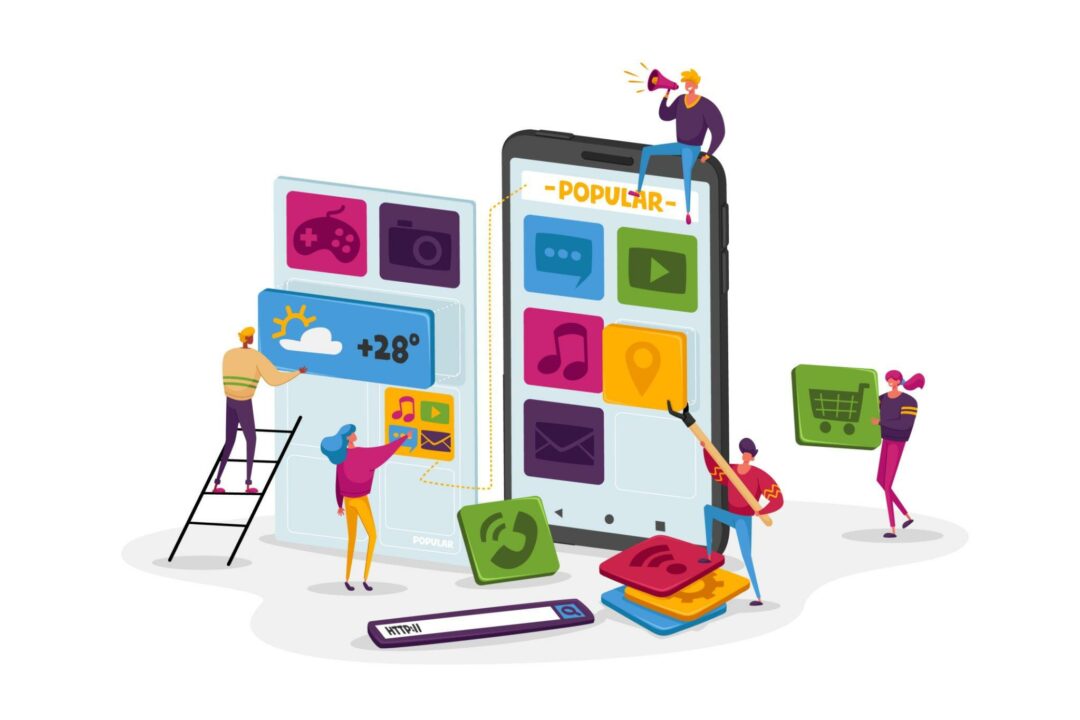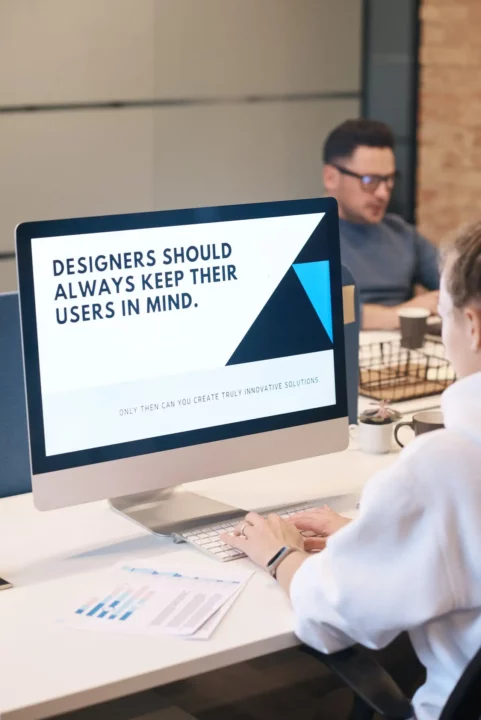App design is a crucial aspect of creating a successful and engaging app. It involves not only the visual appearance of the app, but also the functionality, usability, and user experience. A good app design should be easy to use, appealing to the eye, and consistent with the brand and the purpose of the app.
But how do you design an app interface that meets these criteria? Here are some tips from Recognise Designs, the experts in app design and development.
- Define your target audience and their goals. Before you start designing your app interface, you need to know who your users are and what they want to achieve with your app. You can conduct user research, such as interviews, surveys, or personas, to understand your users’ needs, preferences, and behaviors. This will help you design an app interface that is tailored to your users and their goals.
- Choose a suitable color scheme and typography. The color scheme and typography of your app interface can have a significant impact on the mood, tone, and readability of your app. You should choose colors and fonts that match your brand identity and the purpose of your app. You should also use contrast, hierarchy, and alignment to create a clear and harmonious visual layout. You can use tools such as Coolors or Google Fonts to find and test different color schemes and typography for your app.
- Use icons and images wisely. Icons and images can enhance the visual appeal and functionality of your app interface. They can help you convey information, guide users, and create a memorable impression. However, you should use icons and images wisely, and avoid cluttering your app interface with unnecessary or confusing elements. You should also use consistent and recognizable icons and images, and optimize them for different screen sizes and resolutions. You can use tools such as Iconfinder or Unsplash to find and download high-quality icons and images for your app.
- Follow the design principles and guidelines. There are some universal design principles and guidelines that can help you create an app interface that is easy to use and appealing to the eye. Some of these principles and guidelines are:
- Simplicity: You should keep your app interface simple and intuitive, and avoid unnecessary or redundant features or elements. You should also use whitespace, grids, and minimalism to create a clean and elegant app interface.
- Consistency: You should maintain consistency throughout your app interface, and use the same colors, fonts, icons, images, and navigation patterns across different screens and sections. You should also follow the platform-specific design guidelines, such as [Material Design] for Android or [Human Interface Guidelines] for iOS, to ensure that your app interface is compatible and familiar with the users’ devices.
- Feedback: You should provide feedback to your users, and let them know what is happening in your app. You can use animations, sounds, vibrations, or notifications to indicate the status, progress, or results of the user’s actions. You should also use error messages, tooltips, or help screens to inform the users of any problems or instructions.
- Affordance: You should make your app interface affordance, which means that it should indicate how the users can interact with it. You can use shapes, sizes, colors, or shadows to differentiate the interactive elements from the non-interactive ones, and use gestures, swipes, taps, or clicks to trigger the appropriate actions.
- Test and iterate your app interface. The last and most important tip for designing an app interface is to test and iterate it. You should test your app interface with real users, and observe how they use and react to it. You can use tools such as [UserTesting] or [Lookback] to conduct user testing and collect feedback. You should also use analytics, such as [Google Analytics] or [Firebase], to measure the performance and behavior of your app. Based on the user testing and analytics results, you should iterate your app interface and make improvements accordingly.
These are some of the tips that can help you design an app interface that is easy to use and appealing to the eye. If you want to learn more about app design and development, or if you need help with your app project, you can contact us at Recognise Designs. We are a tech services company that provides app design and development, SEO related services, business intelligence and more. We have a team of experienced and talented app designers and developers who can create custom apps that suit your brand, goals, and budget. Contact us today and let’s get started on your app project!






